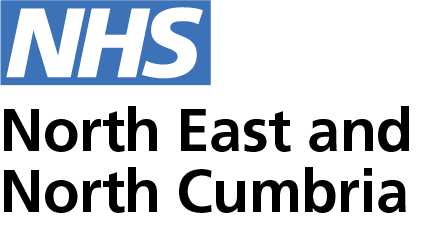"Multinational industry has put alcohol at the centre of our culture, so we downplay its damaging impact."

"Multinational industry has put alcohol at the centre of our culture, so we downplay its damaging impact and blame individuals who develop problems. It's time to challenge that."
Sarah Hulse is alcohol strategic manager for the North East and North Cumbria Integrated Care Board (ICB). Here, she explains the motivation she takes to work every day.
Most of us know someone with a serious alcohol addiction that has lasting impact on their lives, and the people they love. But the way we relate to alcohol is bad for everyone. Even low levels of drinking can cause cancer, heart disease and mental health problems.
Alcohol is everywhere: on billboards and TV shows, in films, running through our social media feeds. Most depictions are positive or portray drinking as everyday, harmless fun. But this can be difficult for many people in our communities struggling with an alcohol addiction, or in treatment or recovery.
Many addictions are rooted in traumatic past experiences. Living in a culture that celebrates alcohol at every turn, endorsing heavy drinking while shaming those who become addicted, is something people are beginning to challenge.
Our alcohol programme is supporting action on alcohol's price, promotion, and accessibility - which are the key drivers of harm - and to remove the stigma so people can get help when they need it.
The Stigma Kills campaign, launching this spring, draws attention to the fact that addiction is a common health issue requiring medical intervention and compassionate support.
Raising awareness of alcohol's potential to damage lives is just part of our remit. We're also here to signpost people to the right support at the right time. For individuals, this means making sure people can get help from alcohol support services across the region. For wider communities of patients, staff and the public, it means fact-finding about alcohol use to determine where need is greatest, what services would be of most value, and how we can support all our staff to raise awareness of alcohol harm.
Staff working across the region are dedicated to spotting opportunities to talk about alcohol use with each other, and with their patients. We know even low levels of drinking can cause many conditions that people don’t necessarily link to alcohol use – like cancer, heart disease and stroke.
Starting a conversation can be a first step to reducing to the recommended 14 units per week, or even quitting booze altogether, for now or forever. As well as major long-term health benefits, cutting back or quitting improves a person's quality of life day-to-day. A clearer head, restorative sleep, and better mental health are just a few benefits. Healthier food and exercise choices are easier when you drink less, and relationships can become easier to navigate too.
This month is traditionally the time to cut back, or even abstain for a while. The alcohol programme team are keen to make space for people to think longer-term about their drinking, and reframe the part alcohol plays in their lives.
You can learn more about the alcohol programme and its work here. If you want support around alcohol, whether your own or someone else's, you can access alcohol support services directly or speak to your GP.
